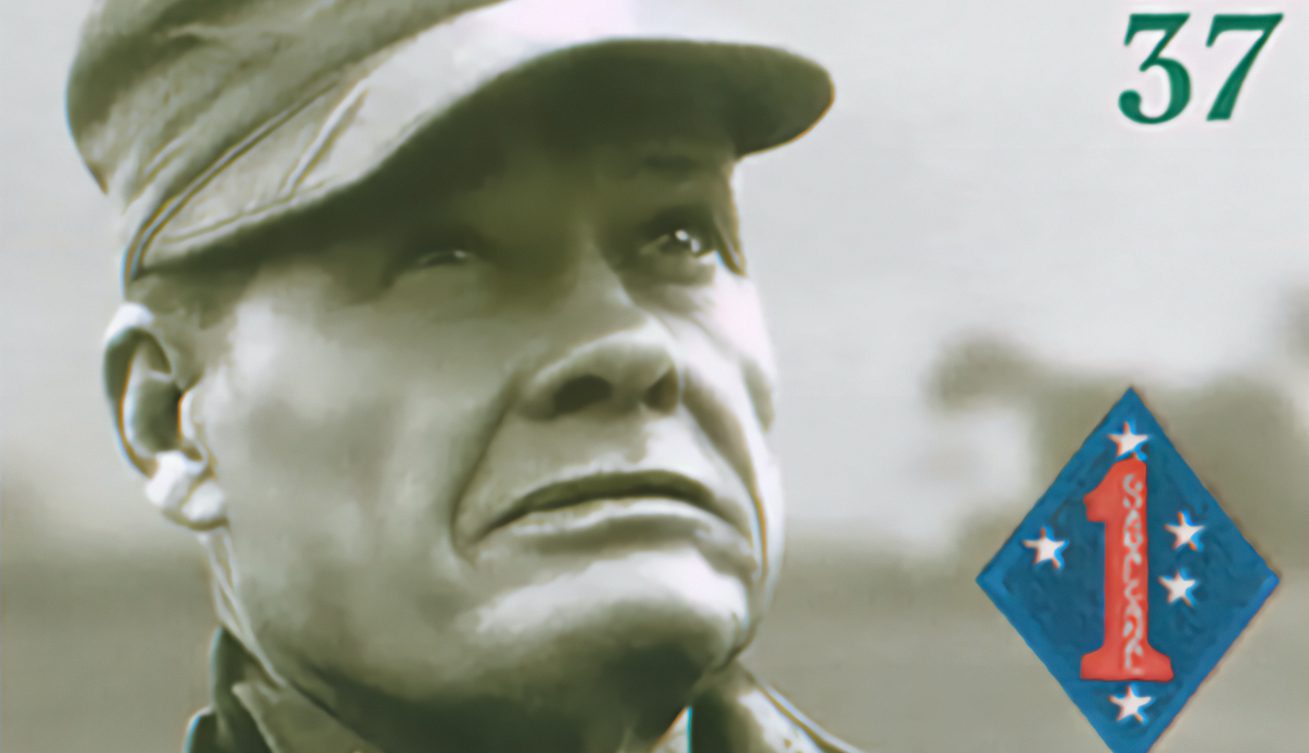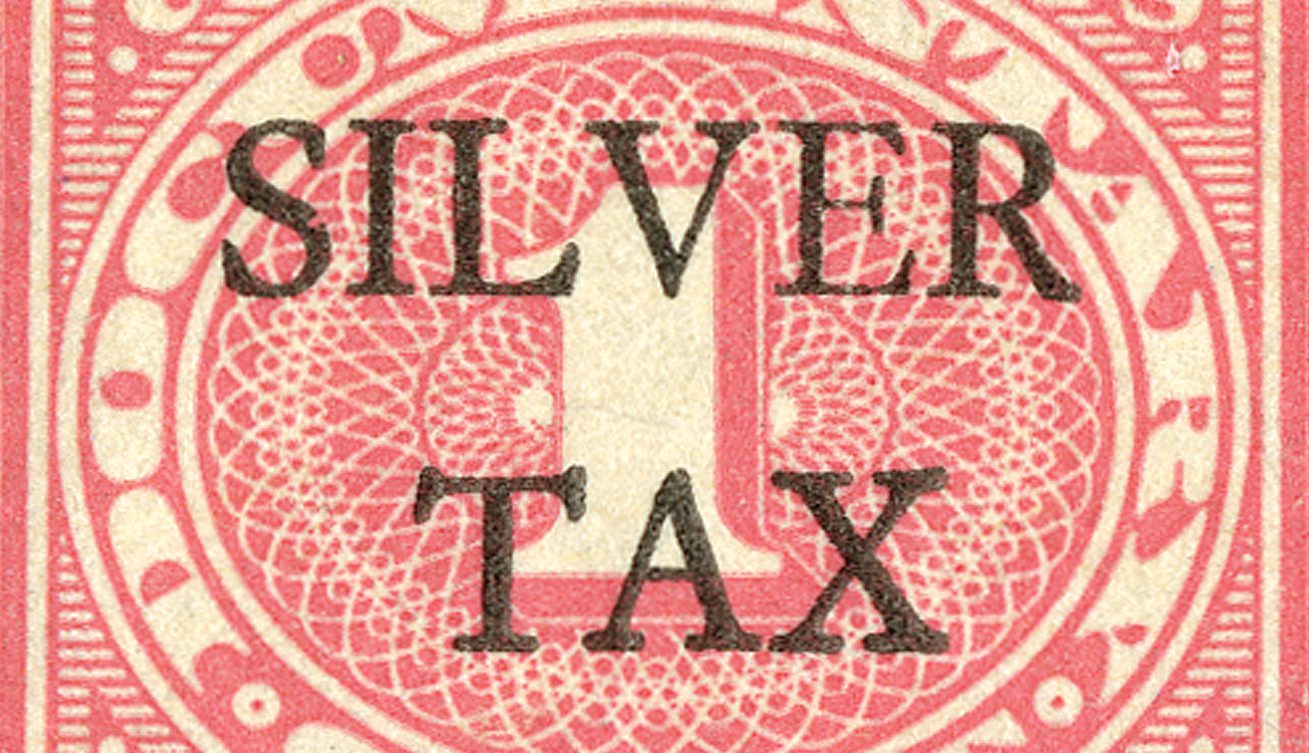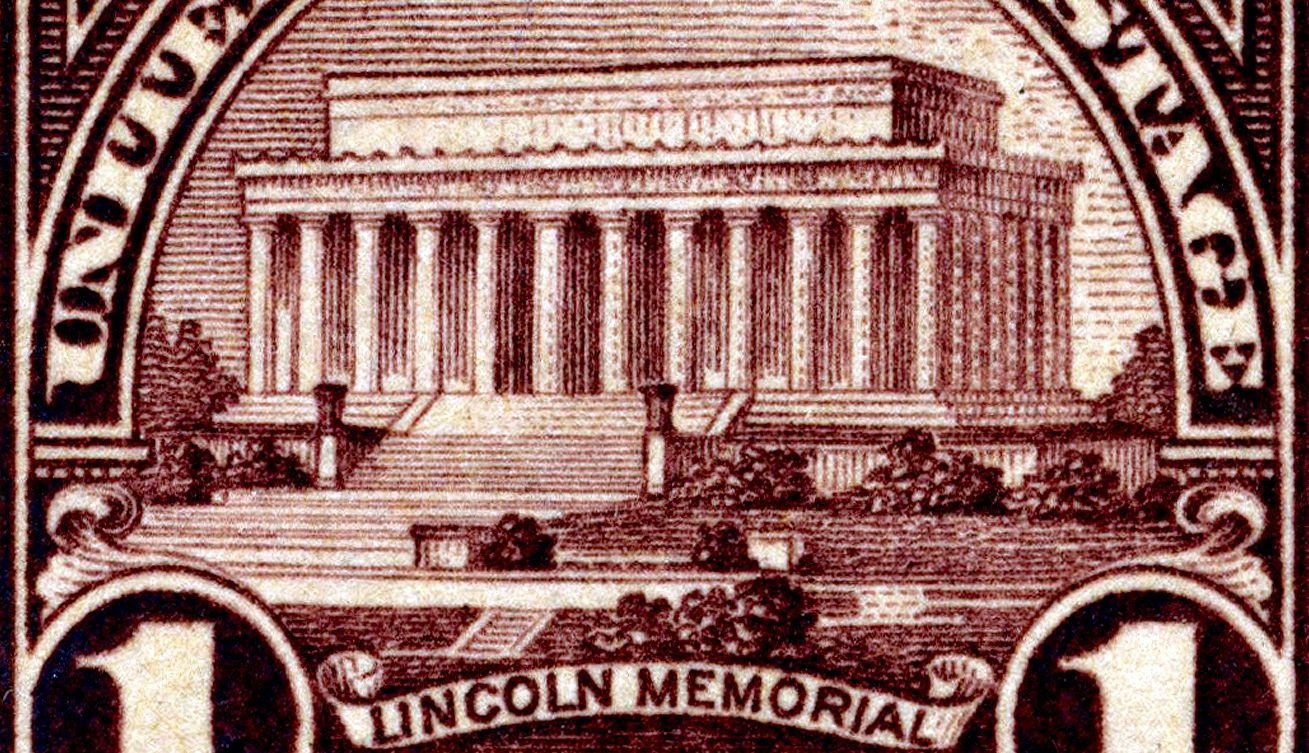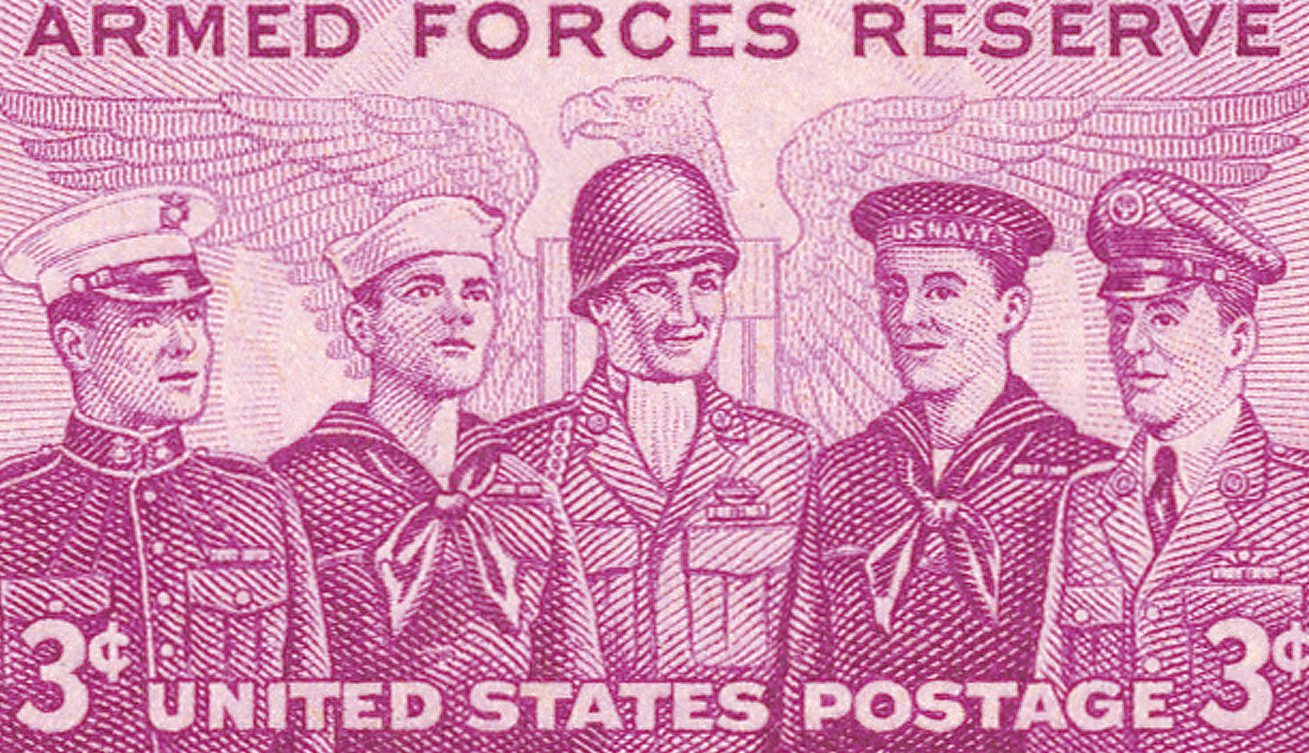Birth of Chesty Puller
Lewis Burwell “Chesty” Puller was born on June 26, 1898, in West Point, Virginia. The most decorated Marine in US history, Puller stands as a symbol of esprit de corps.

Lewis Burwell “Chesty” Puller was born on June 26, 1898, in West Point, Virginia. The most decorated Marine in US history, Puller stands as a symbol of esprit de corps.

On June 22, 1944, President Franklin Roosevelt signed the Servicemen’s Readjustment Act, also known as the GI Bill, into law.

On June 21, 1788, New Hampshire became the ninth state to ratify the United States Constitution. New Hampshire’s approval of the document put the Constitution into effect and officially made it the United States of America’s ninth state.

On June 19, 1934, Congress authorized the use of Silver Tax stamps. These stamps paid the tax on profits from the transfer of silver bullion as a result of the Silver Purchase Act of 1934.

On June 15, 1836, Arkansas was admitted as the 25th state of the Union. Statehood was hotly debated for 25 hours before being approved and signed into law by President Andrew Jackson.

On May 30, 1922, William Howard Taft dedicated the Lincoln Memorial in Washington, DC. The memorial houses the massive 19-foot seated Lincoln statue

On May 28, 2016, the doors opened on America’s 11th International Stamp Exhibition, World Stamp Show 2016. It marked the show’s return to New York after 60 years.

Douglas Elton Thomas Ullman was born on May 23, 1883 in Denver, Colorado. Better known as Douglas Fairbanks, he was one of Hollywood’s top stars of the 1920s, known as “Everybody’s Hero.”

On May 20, 1950, the US first celebrated Armed Forces Day. Armed Forces Day is celebrated on the third Saturday in May, near the end of Armed Forces Week.